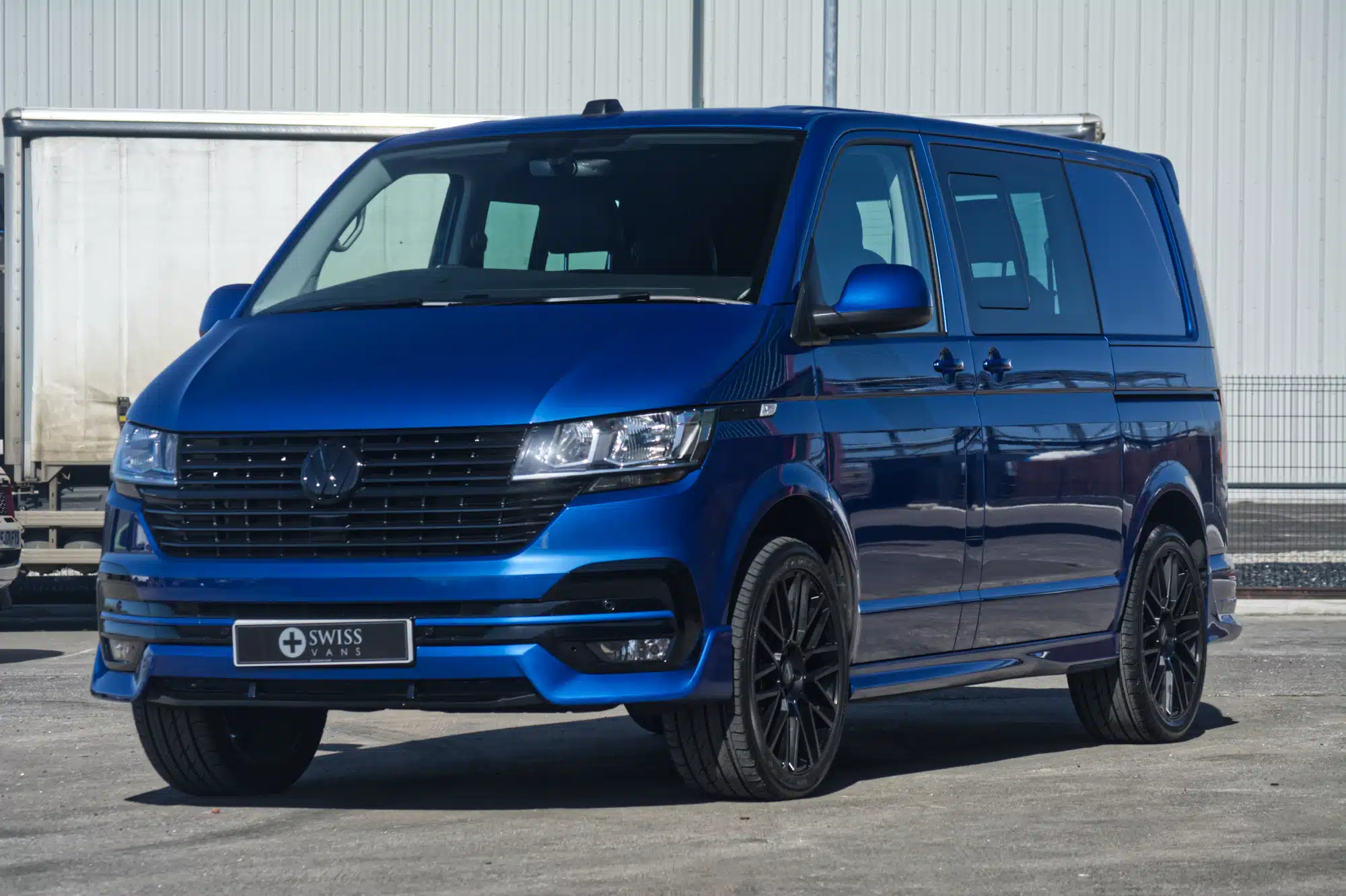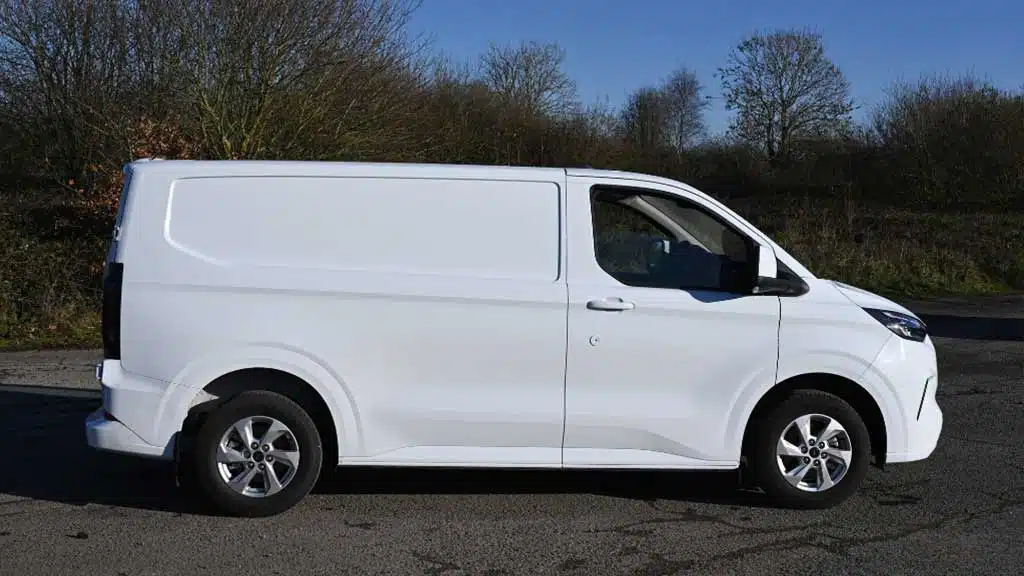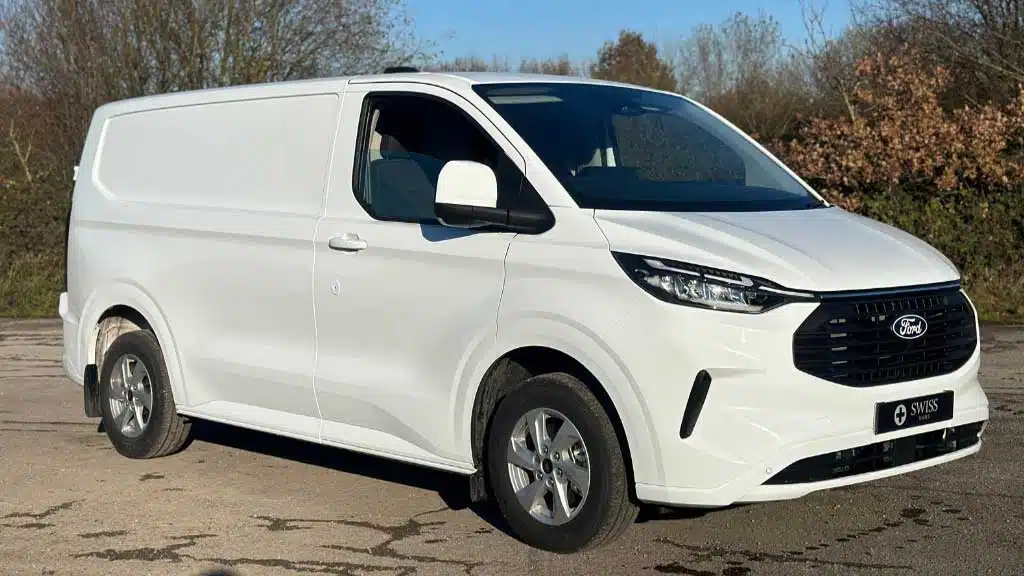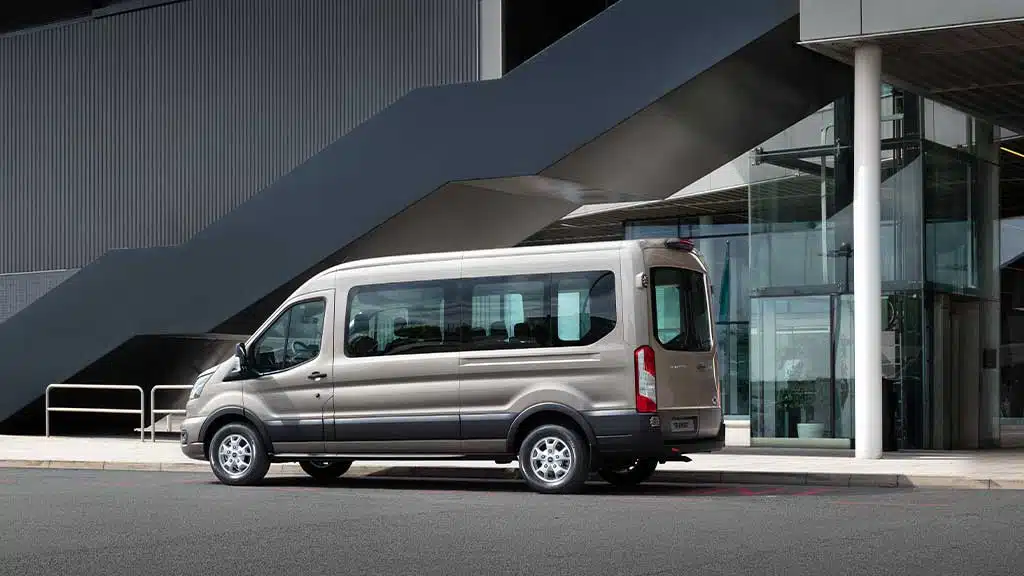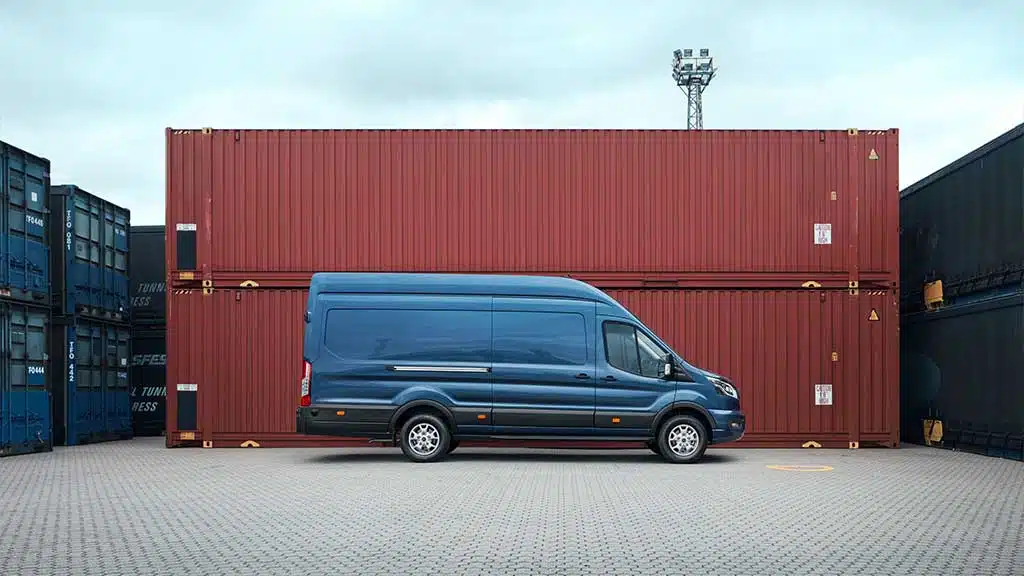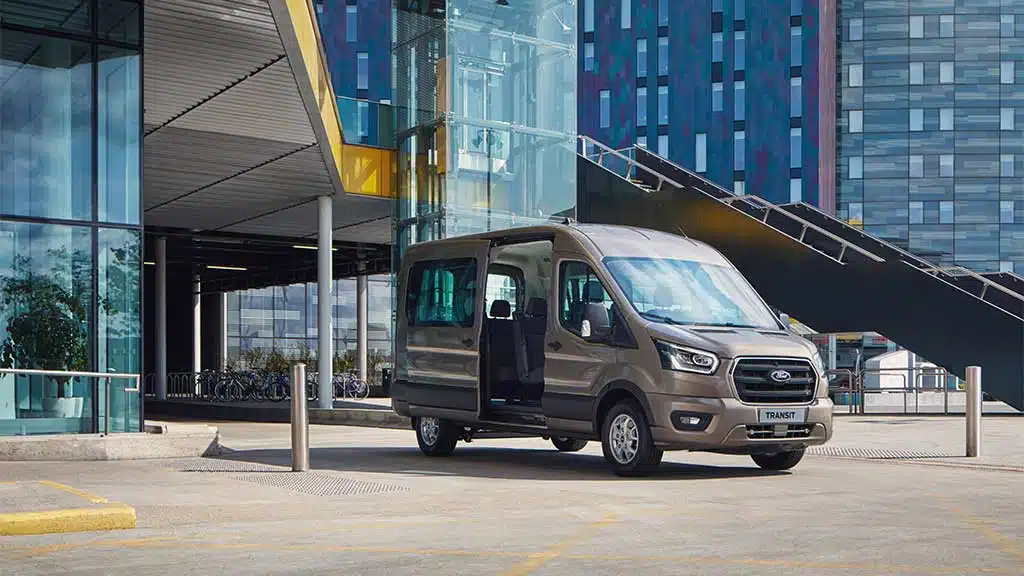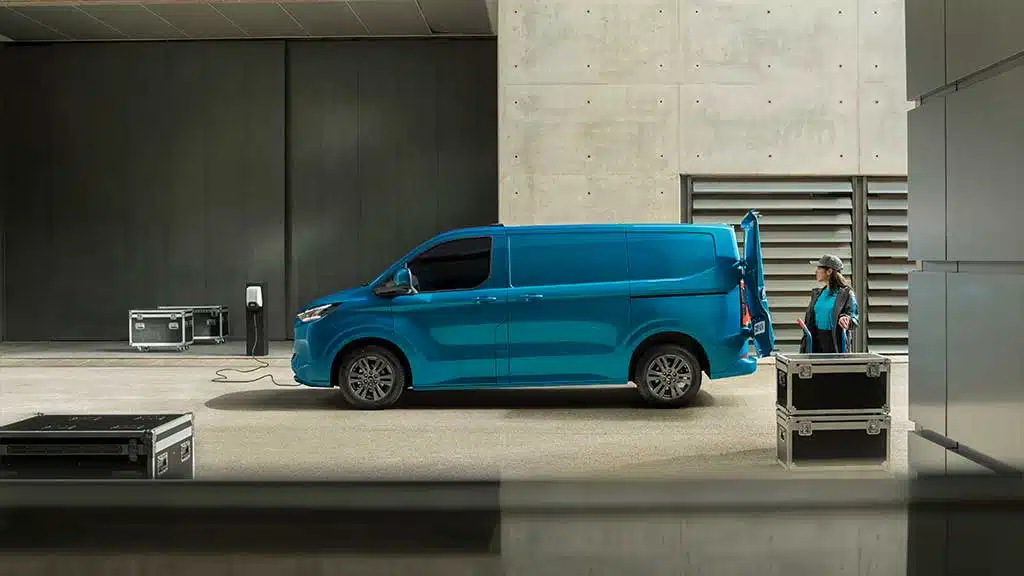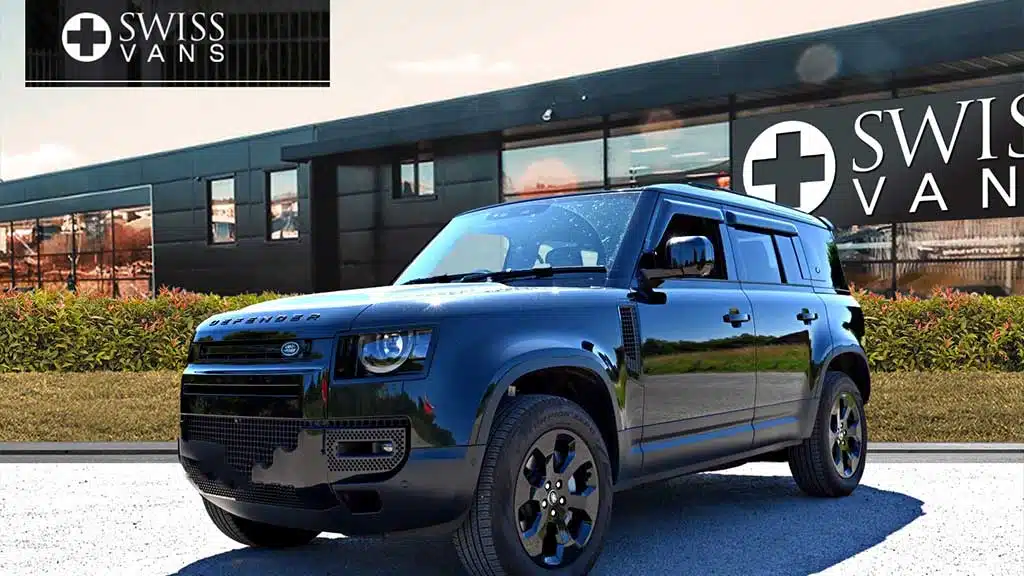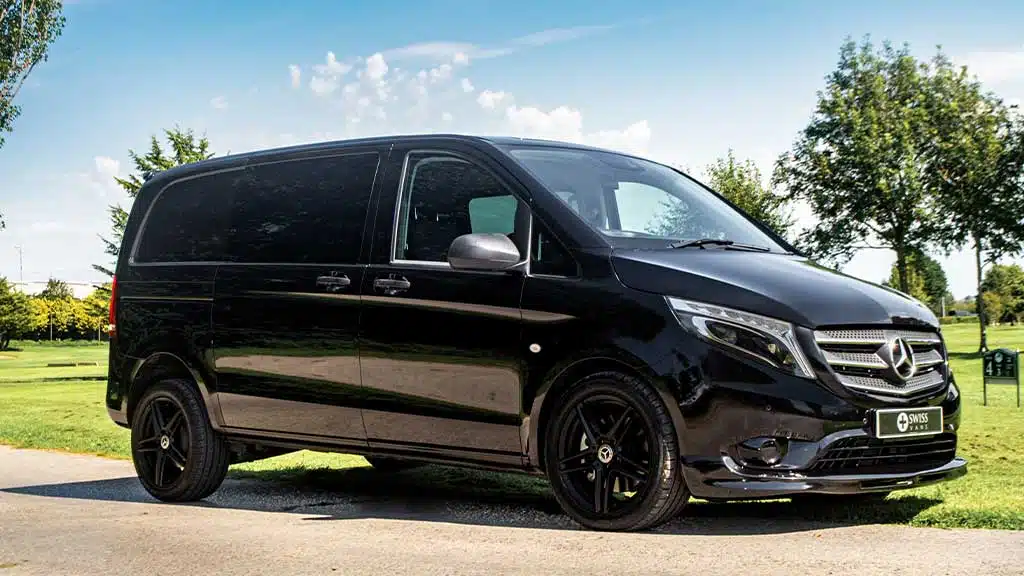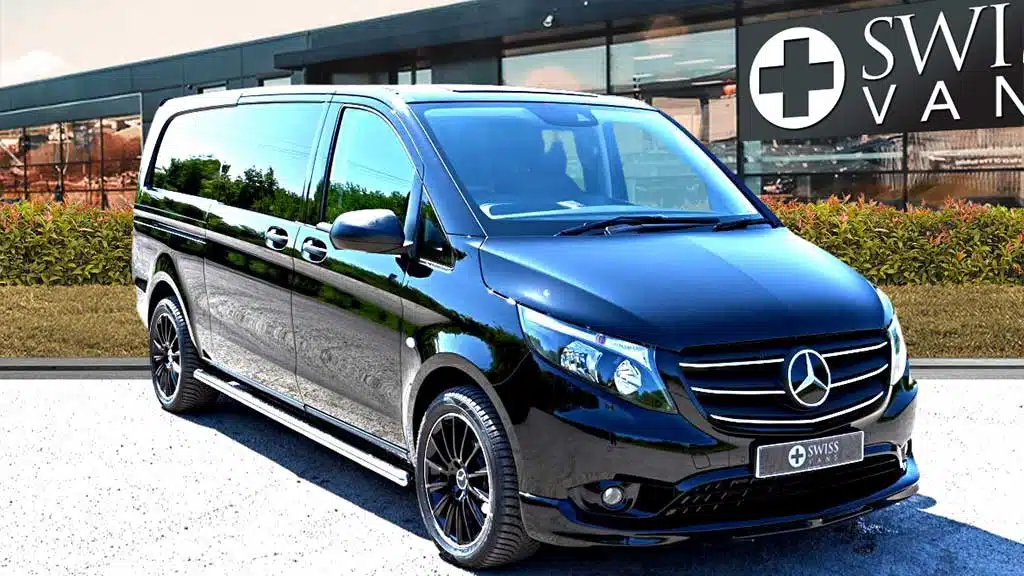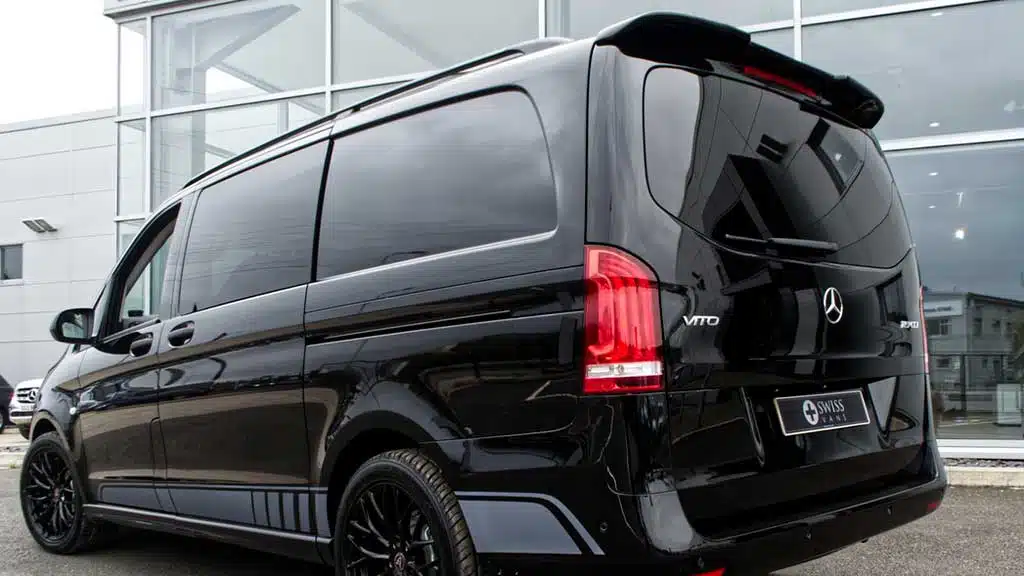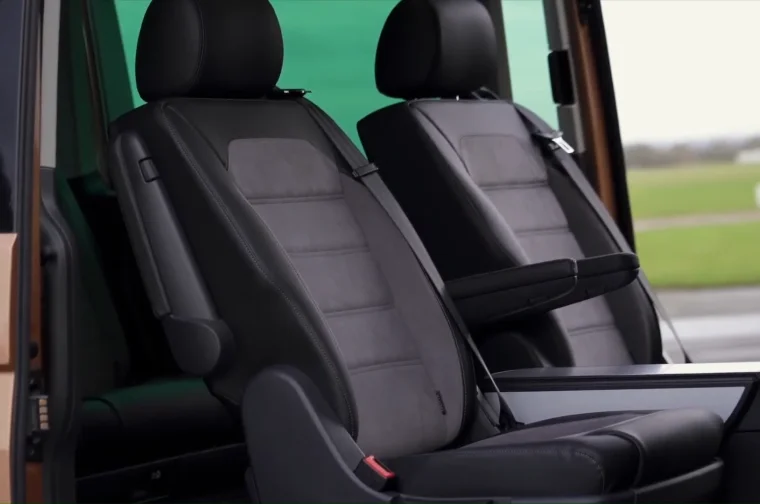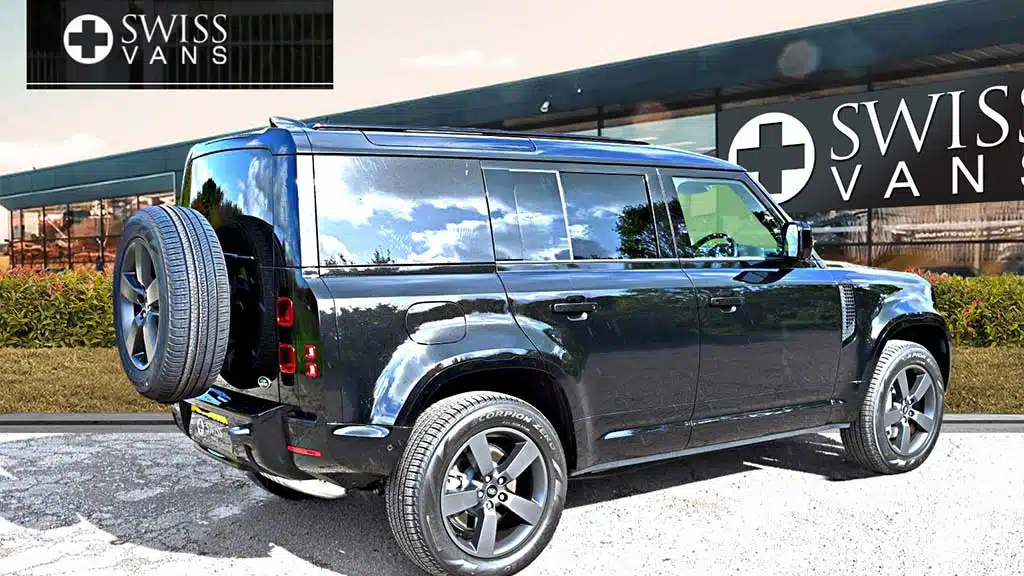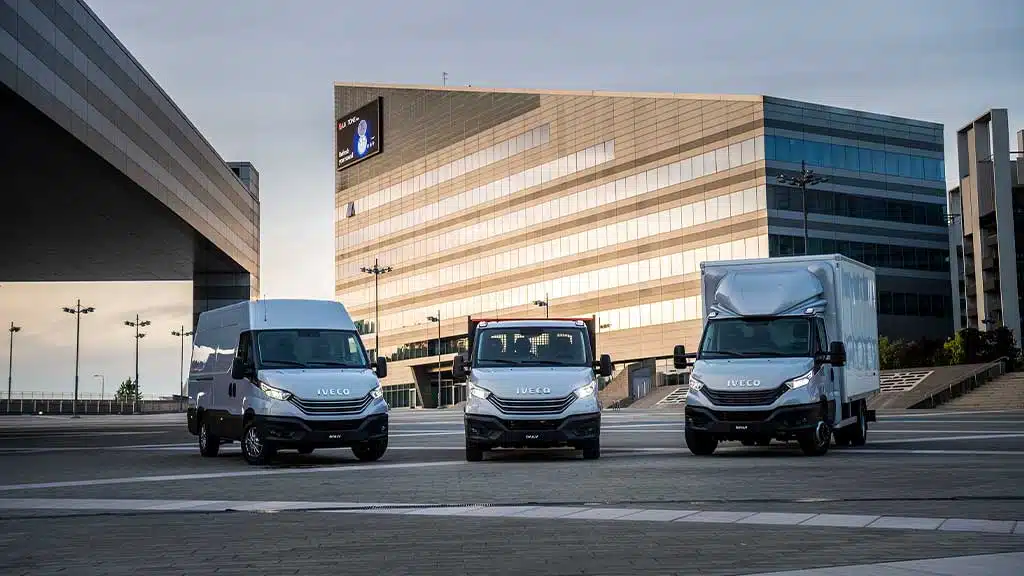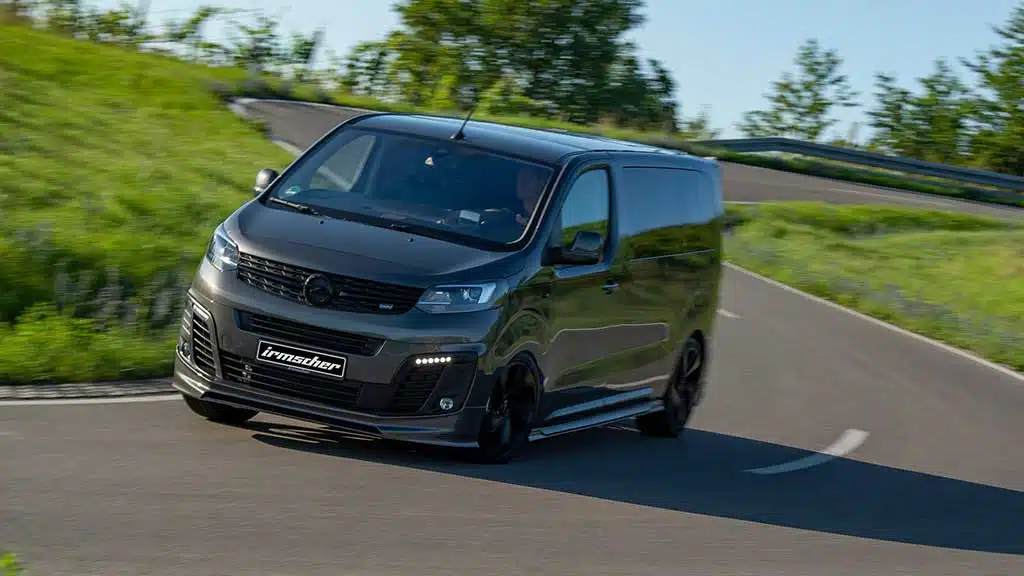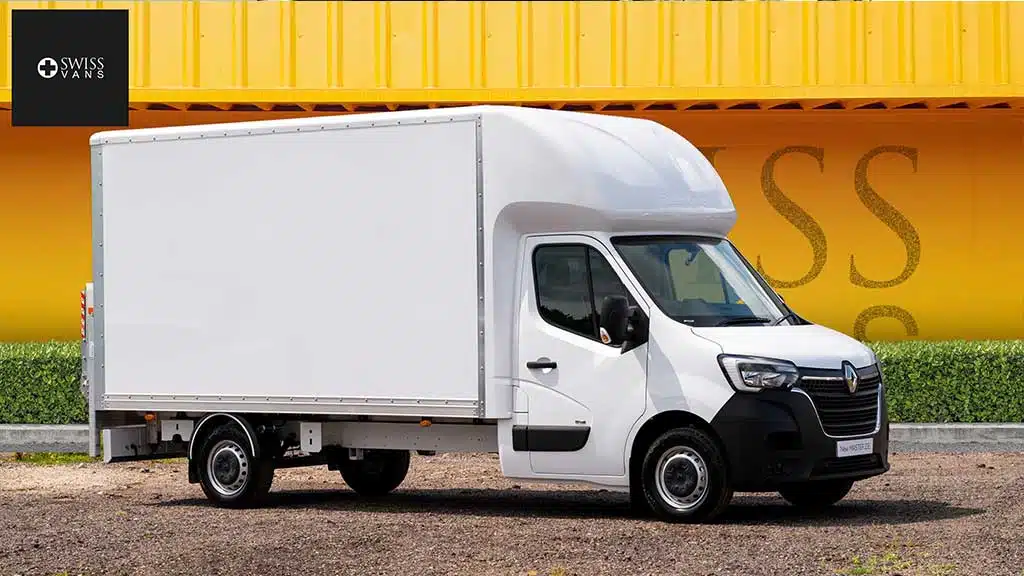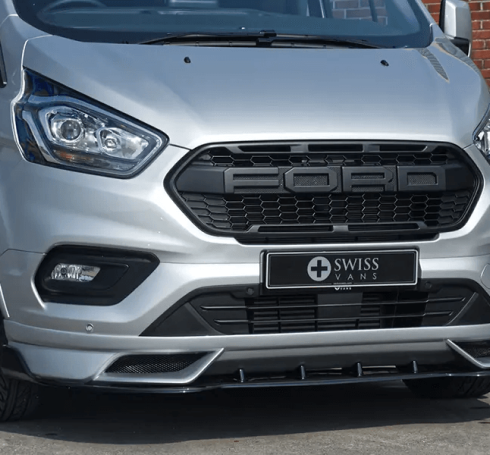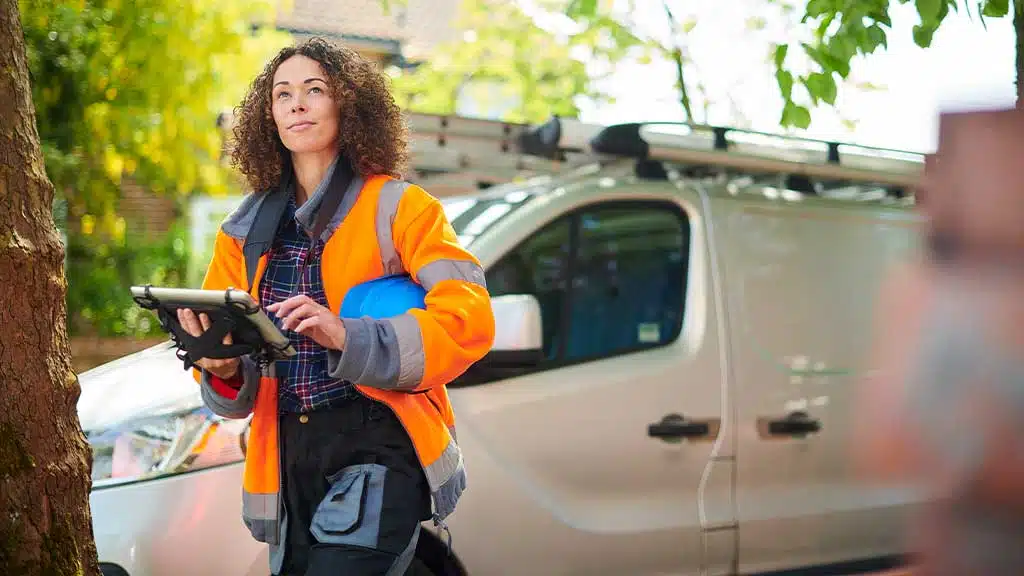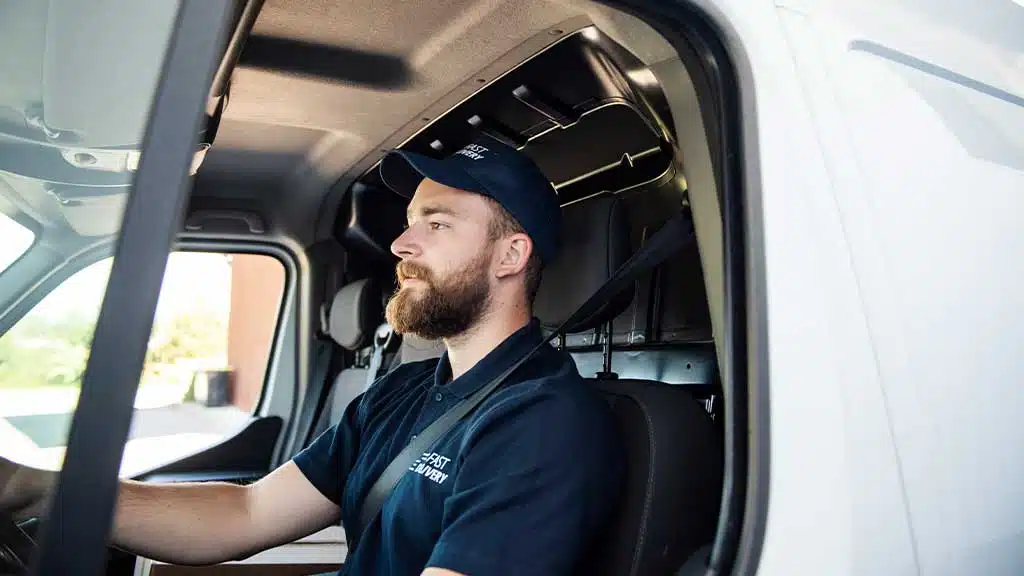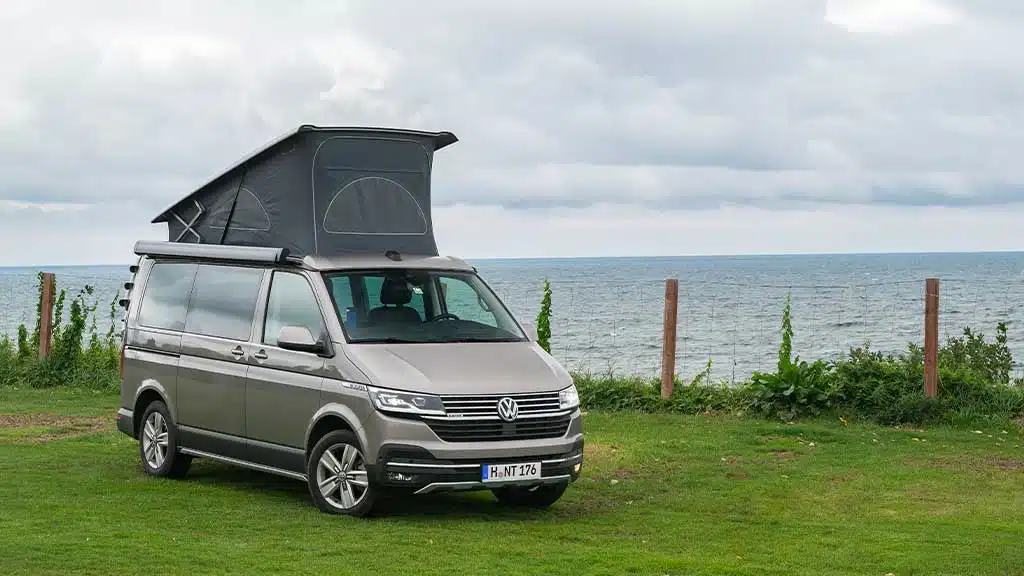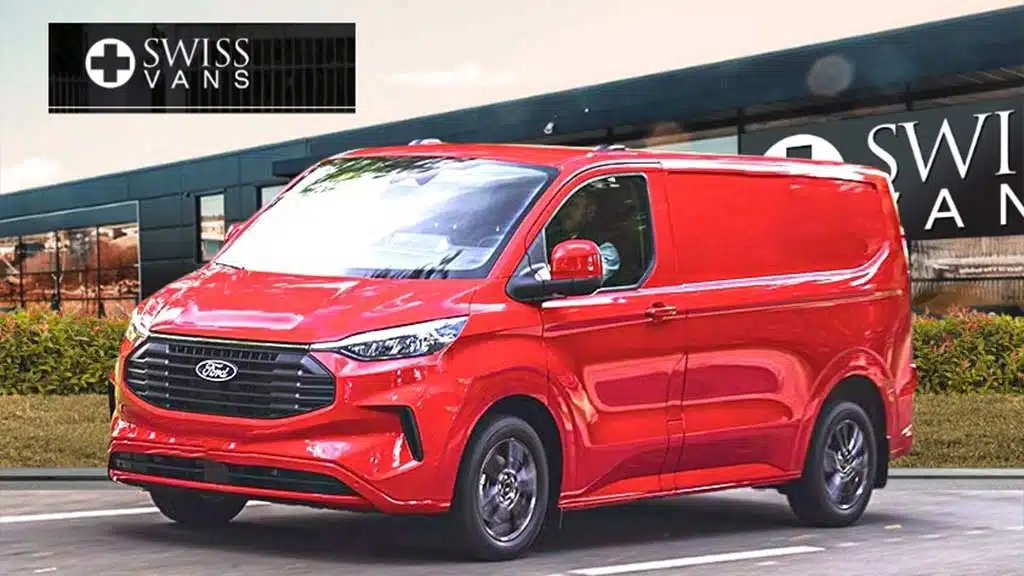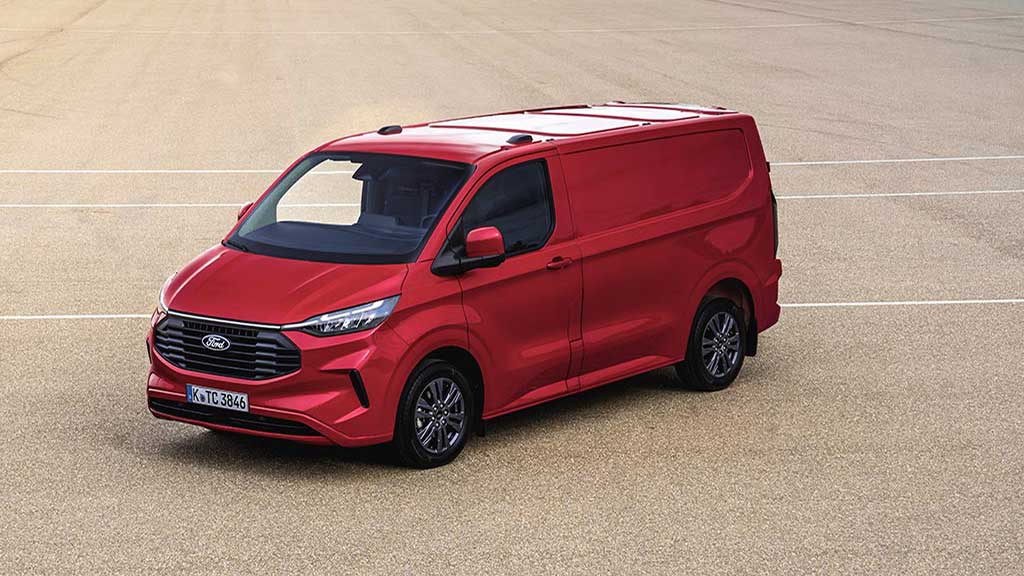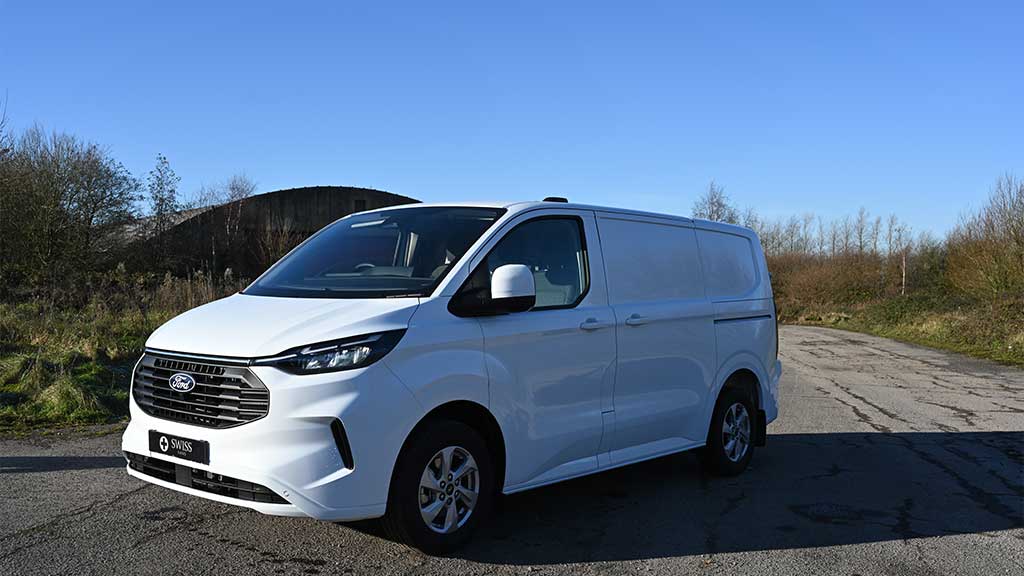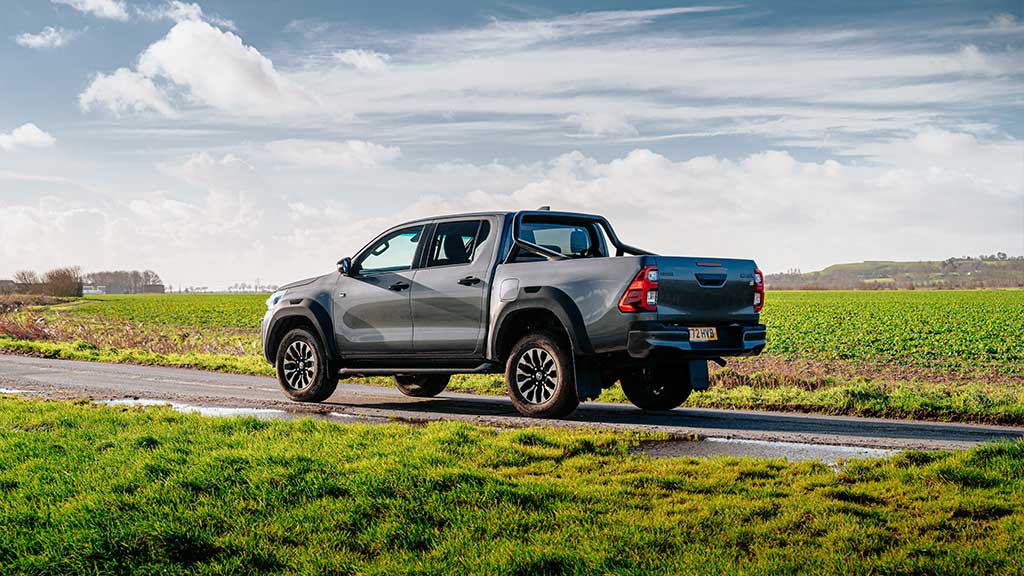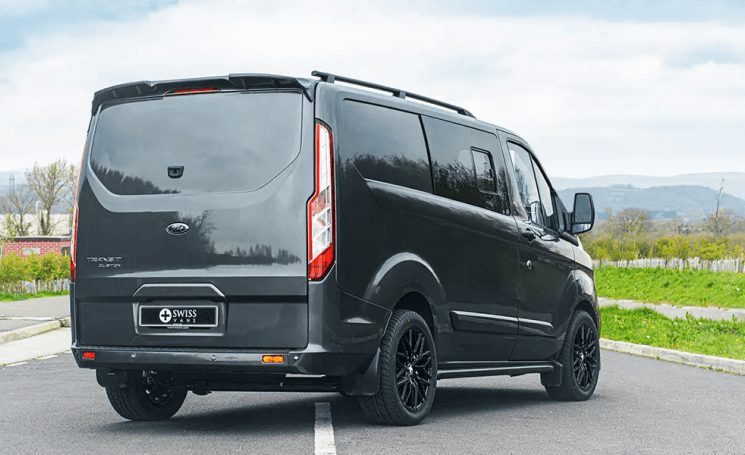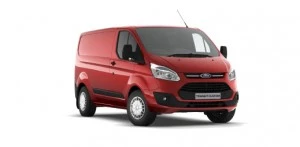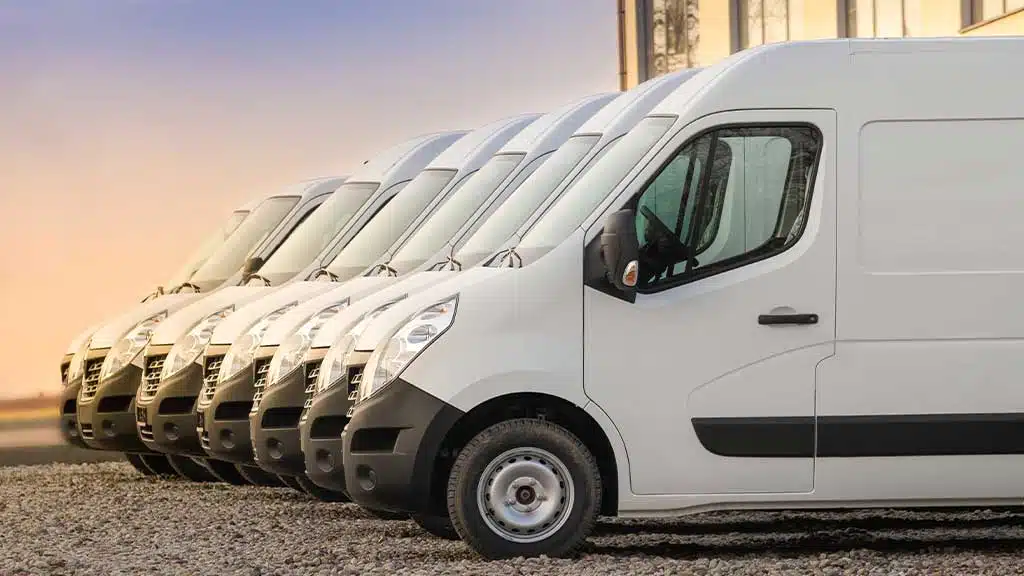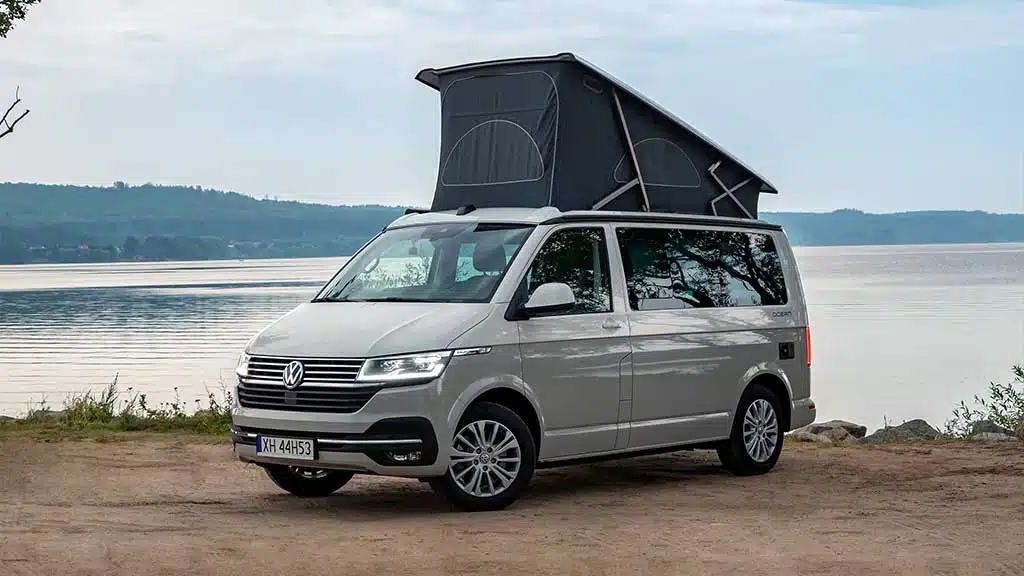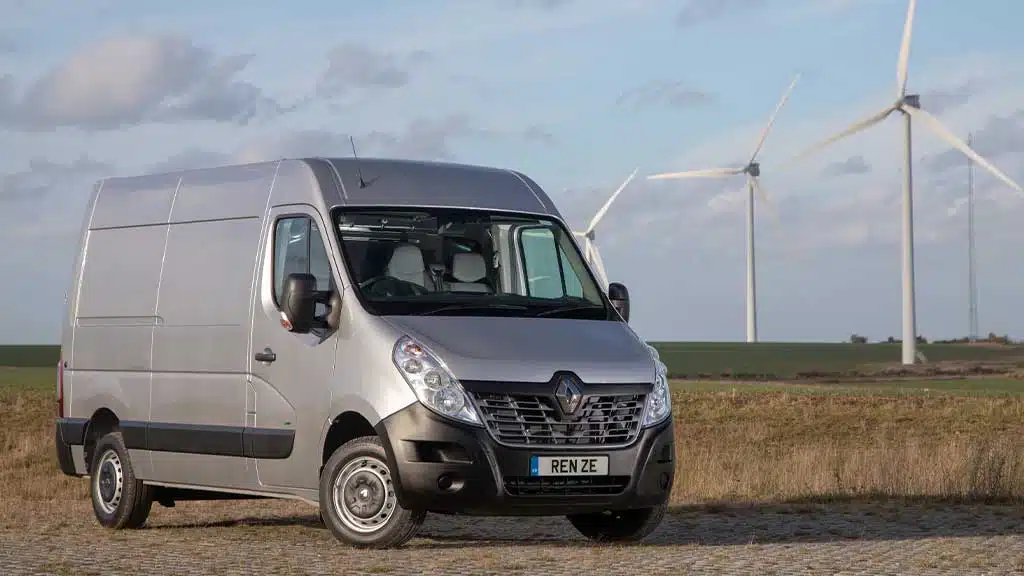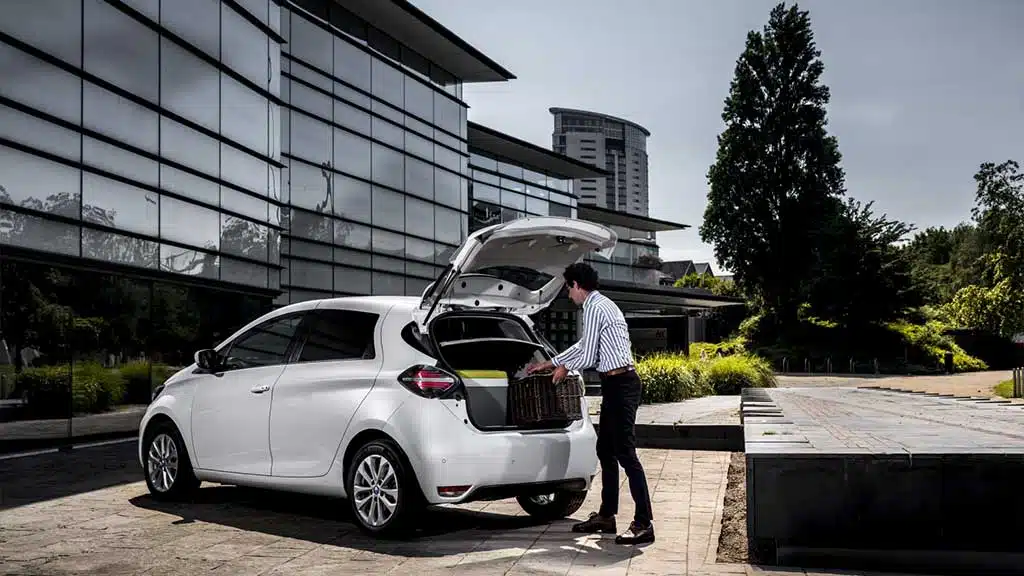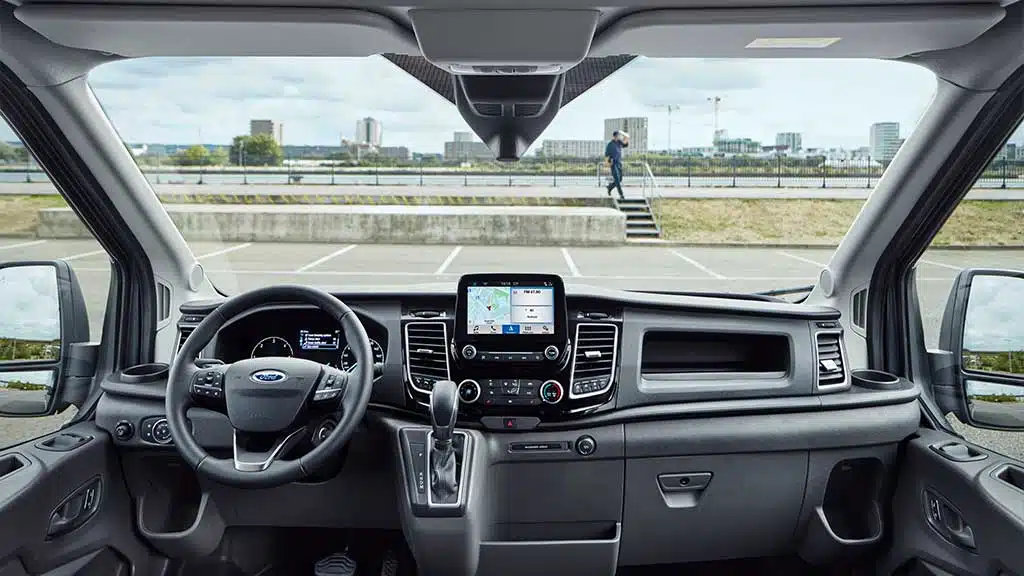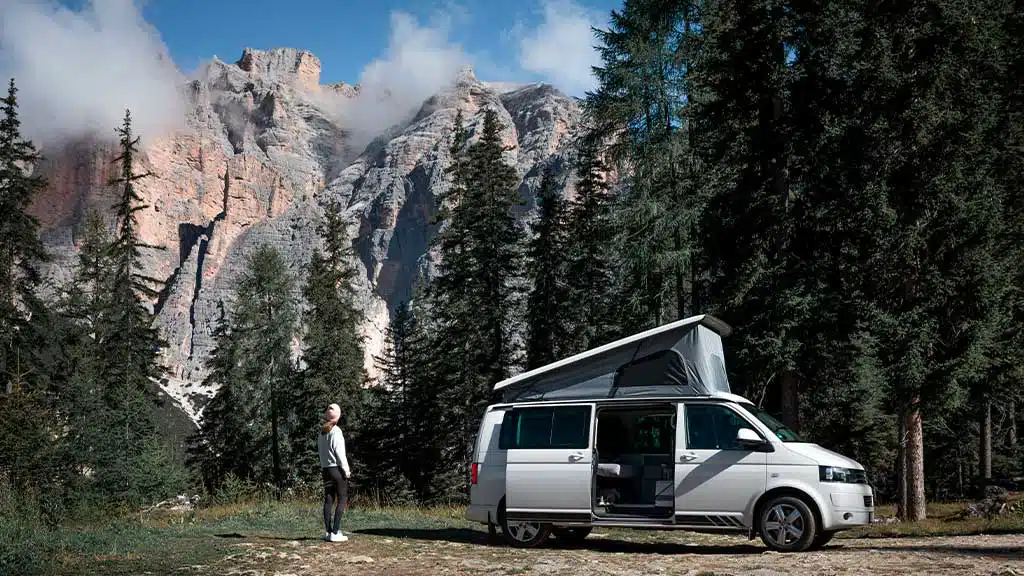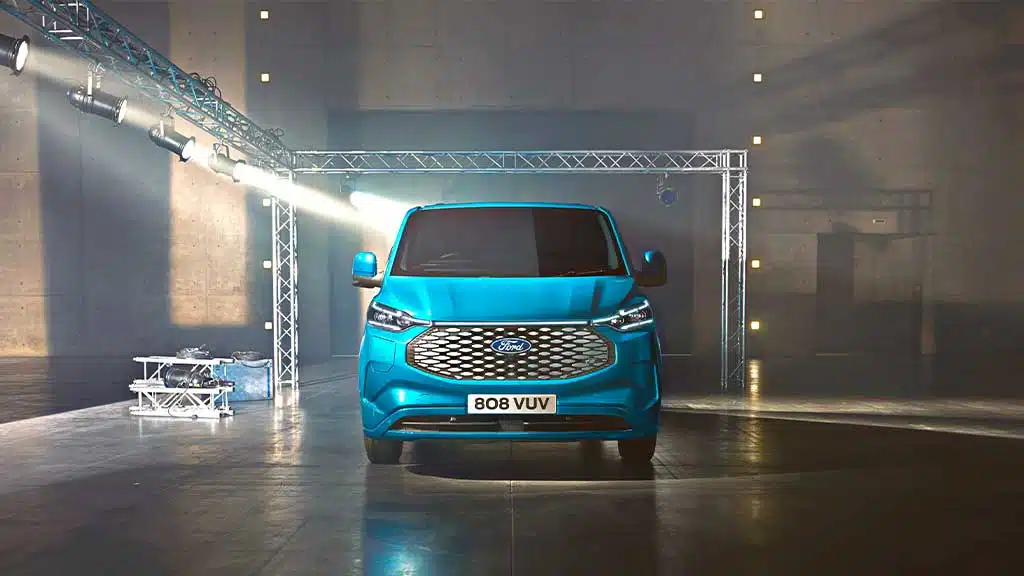As the concerns regarding the environment and sustainability have taken center stage, the need for eco-friendly transportation is at an all-time high. Apart from helping the environment, adding these vans to your fleet will also offer a host of valuable business benefits.
Let’s explore the advantages of an eco-friendly van fleet, the top recommendations, and how to choose them.
Why a Sustainable Fleet with Eco-Friendly Vans?
Help the Environment
One of the most significant reasons to add eco-friendly vehicles like all-electric or hybrid vans to your fleet is the responsibility to protect our planet. The vehicles with traditional combustion engines are powered by fossil fuels and emit harmful greenhouse gases that contribute to air pollution and climate change.
Eco-friendly vans, on the other hand, generally use cleaner energy sources, like electricity or hybrid technology, to considerably reduce emissions.
Cost Savings
While electric vans can have a higher initial investment compared to traditional vans, the long-term cost savings are substantial. Thanks to their efficient design and advanced technologies, the eco-friendly vans have lower fuel and maintenance costs.
Moreover, governments generally offer incentives and tax breaks to businesses adopting greener transportation solutions. For instance, the plug-in vehicle grant in the UK currently stands at £2,500 for smaller vans and £5,000 for larger vans. This helps in further reducing the ownership costs.
Compliance with Regulations
As most governments have started taking cognizance of environmental degradation, the laws regarding vehicle emissions are only expected to get more severe in the future. Thus, it makes sense to add greener vans to your fleet to future-proof your business and ensure compliance with the regulations.
In the longer run, this will save you time and resources, enabling you to avoid fines and penalties for non-compliance.
Boost Brand Image
Even consumers are becoming increasingly environment-conscious and prefer dealing with businesses that share their values. By adding eco-friendly vans to your fleet, you’ll not only reduce your carbon footprint but also boost your brand image.
Your commitment to sustainability can attract more environmentally-conscious customers and partners, ultimately leading to a surge in your reputation and revenue.
Improved Business Efficiency

The latest eco-friendly vans come equipped with advanced technologies to enhance business efficiency. For instance, electric vans have regenerative braking systems and can be easily integrated into smart fleet management solutions, allowing you to optimize routes and reduce energy consumption.
This improved efficiency translates into lower operational costs and improved productivity for your business.
Top 5 Eco-Friendly Vans for 2023
Now that you know some of the top reasons to add eco-friendly vans to your fleet, here are some recommendations you can consider-
1. Nissan Townstar- Starting from £37,014
If your fleet is mostly made up of smaller vans and you’re planning for expansion, Nissan Townstar is one of the best options. Nissan Townstar has replaced the very popular e-NV200 by the brand and is super impressive with all of its tech features and payload capacity.
The compact van is available in two variants- all-electric and petrol. Moreover, Nissan has unveiled two versions of the van- L1 and L2 to fulfill diverse transportation needs. The L1 comes with a cargo space of 3.9m3, while L2 offers a load space of 4.3m3. One of the highlights of the all-electric Townstar is its driving range of up to 183 miles.
Moreover, the van is available across four trims, starting from the entry-level Visia and followed by Acenta, Tekna, and Tekna+. The top-end Tekna+ is equipped with a host of additional features, including an all-view 360° monitor, park assist, cruise control, blind spot intervention, traffic sign recognition, heated leather steering wheel, and more.
2. Renault Kangoo E-Tech Z.E. – Staring from £33,055
Since its launch in 2011, the Renault Kangoo has occupied a considerable market share in the compact van segment in Europe. The French automobile company has launched an all-electric version of the van, Kangoo E-Tech Z.E., to compete with other brands in the segment.
Equipped with a 44kW ZOE R90-inspired engine, Kangoo E-Tech is available in dual cargo versions. The shorter-length van has a loading space of 3.9m3 and the longer variant has a more generous 4.9m3 loading area. At 186 miles, its driving range is slightly better than what is offered by Nissan Townstar.
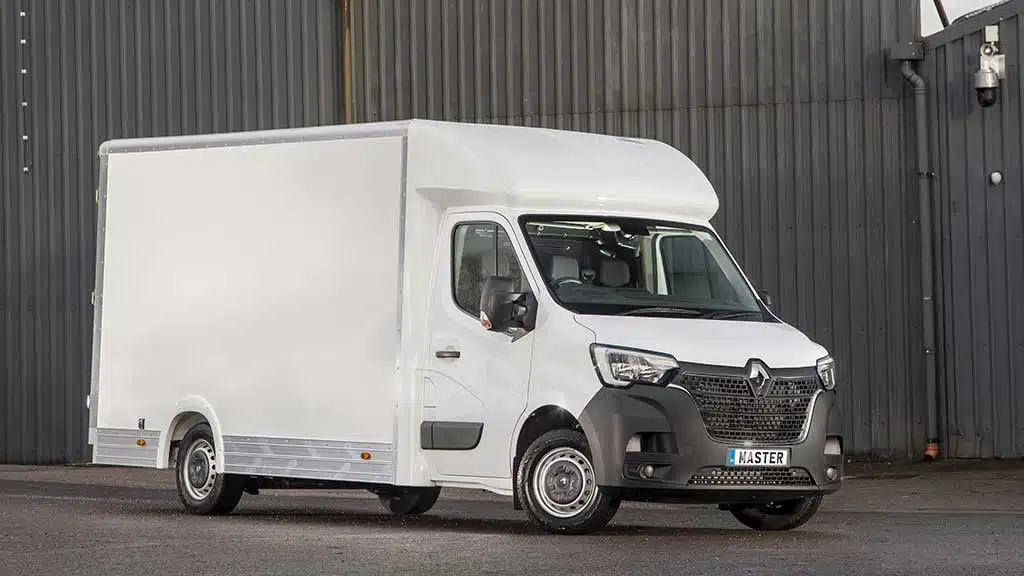
Kangoo E-Tech Z.E. is available in two interior trims- Advance and Extra (Advance+). While the Advance model is equipped with 16” steel wheels, a radio with Bluetooth, a USB socket, and manual air-conditioning, the Extra variant offers automatic monozone air-conditioning, 8” touchscreen with EASY LINK navigation, and passenger seats, and a mobile office.
3. Citroen e-Berlingo- Staring from £32,225
The Berlingo van was first introduced back in 1996 and the 3rd generation of this popular model was launched in 2018. But Citroen ditched the traditional combustion engine and released the 4th generation, e-Berlingo, in 2022 to keep up with the growing electric trend.
The electric van is available in two lengths- M (4.4m) and XL (4.75m). The M variant has a boot capacity of up to 3,000ltrs when all the seats are folded. With the XL variant, you have a boot space of up to 3,500ltrs with folded seats.
Citroen e-Berlingo is powered by a 50kWh battery and offers a driving range of 150-180 miles. The compact van is available in two trims- Feel and Flair XTR with a range of optional factory-fitted equipment, including advanced grip control, auto-dimming electrochrome rear view mirror, front and lateral parking sensors, voice recognition, and more.
4. 2023 Ford E-Transit- Staring from £42,695
If you’re looking for the best eco-friendly van for your fleet, the 2023 Ford E-Transit is another great option. Ford introduced the electric version of this famous commercial van in 2020 and it has been a big hit since then. The E-Transit is hooked up with a powerful 68kWh battery pack which offers a range of up to 186 miles.
Moreover, to ensure the electric van suits varying business needs, it is available in three roof heights, three lengths, and three different models- chassis cab, cutaway, and cargo van. The 2023 Ford E-Transit is also available with Pro Power Onboard which offers 2.4kW of power and can be used for powering a wide range of tools, including circular saws, jackhammers, and more.
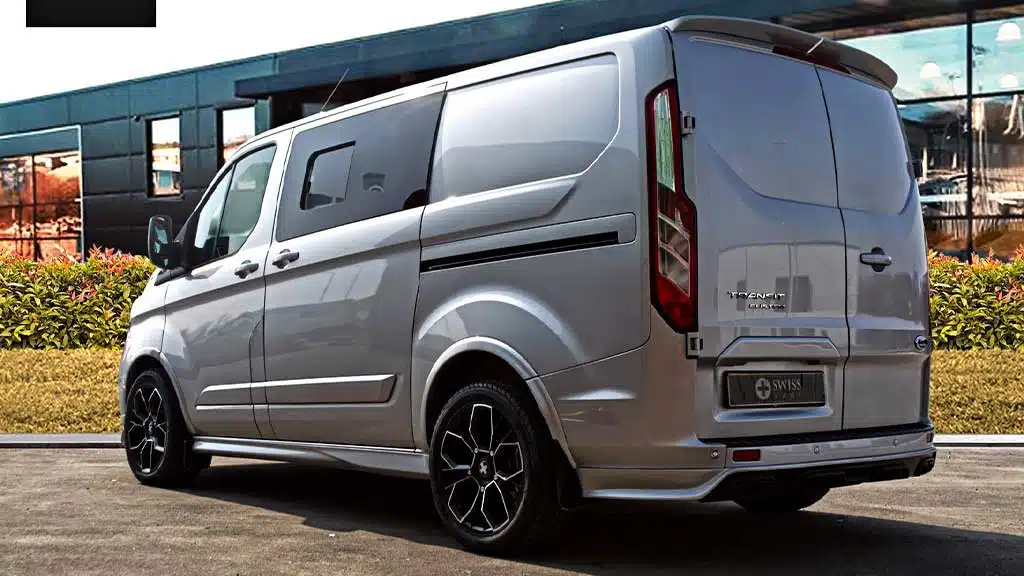
But while there’s no doubt that the Ford E-Transit is an excellent commercial van, the entry price of above £40,000 can be a bit too steep for many small and medium businesses. However, if you do have the budget, this is indeed the top choice.
5. Peugeot e-Partner- Staring from £31,262
After e-Expert, Peugeot has added another feather to its all-electric crown with e-Partner. Like the standard Partner, the e-Partner uses the same EMP2 platform but an electric-optimized architecture to ensure a smooth driving experience with a spacious cargo area.
Equipped with a 50kWh battery pack, e-Partner offers a driving range of up to 150 miles on a full charge. It is available in two lengths- L1 (Standard) and L2 (Long) with the optional Worksite Pack. There’s also a Multiflex rear seat option which can increase the useful length of L1 from 1.81m to 3.09m and L2 from 2.16m to 3.44m.
The electric van comes equipped with advanced features like surround rear vision, overload indicator, and an 8” or 10” touchscreen display. Moreover, to keep up with the specific business needs, e-Partner can be purchased in various specifications, including Grip Premium, S Premium, Professional Premium, and Asphalt Premium.
Features to Look Out for in Eco-Friendly Vans
Now that we’re done with some of the top eco-friendly van recommendations for your fleet, let’s take a quick look at some of the top features you should look out for when making the selection-
Range
As the vehicle is powered by an electric battery, it is essential to check its range on a single charge. Ensure it can cover the typical daily mileage of your business operations without the need for frequent charging. Don’t forget to consider the impact of factors like weather conditions and payload weight on the driving range.
Charging Infrastructure
Evaluate the availability of charging infrastructure in your area. Consider whether you’ll need to install charging stations at your business premise or you can rely on the existing public charging network.
Charging Duration
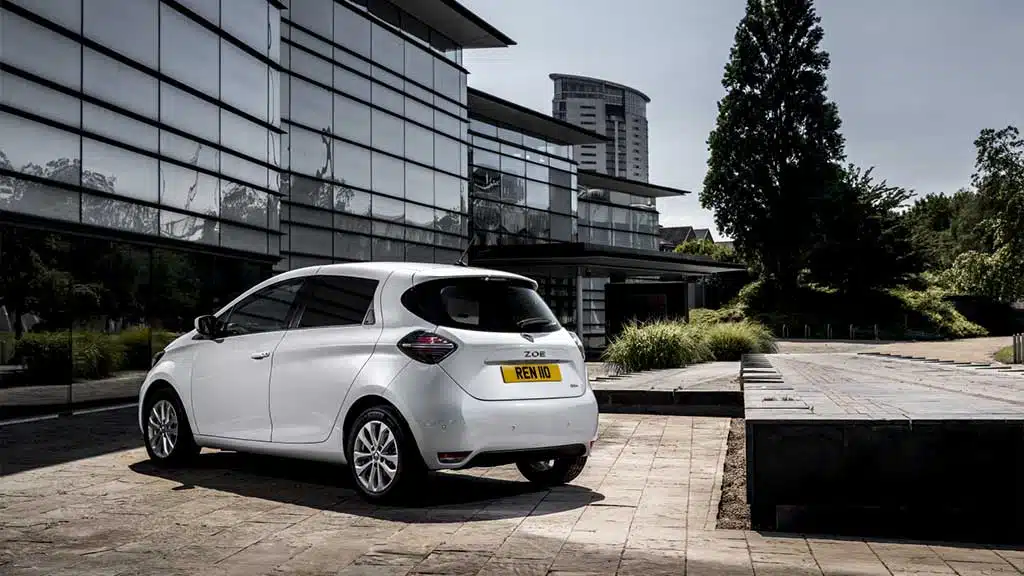
Know the vehicle’s charging time, especially if you generally have very tight delivery schedules. Faster charging capabilities can help minimize downtime. Many of the vans also come with a fast-charging feature where the battery can be recharged up to a certain extent within a shorter duration.
Payload Capacity
Determine the electric van’s payload capacity. Make sure it can comfortably accommodate the goods or equipment you’ll be transporting regularly without exceeding the weight limits. Apart from steep penalties, excess weight can also damage the van and can also result in safety issues.
Size and Configuration
Determine the van’s size and configuration to ensure it can fulfill your business needs. You might need a larger van if the work involves bulk cargo delivery or a compact van like Nissan Townstar or Renault Kangoo E-Tech Z.E. should be sufficient for urban deliveries.
Safety Features
Prioritize safety features like advanced driver assistance systems, including lane-keeping assist, adaptive cruise control, blind-spot monitoring, and automatic emergency braking.
A Sustainable Fleet for a Greener Tomorrow and Improved Business Performance
Integrating sustainable eco-friendly vans into your business fleet is one of the most effective ways to help the environment and accelerate your business. It can help you save money, boost your business reputation, and help you align with the evolving regulations.
If the high upfront investment is not a practical choice for your business, van leasing can be an excellent option. With this, you can get into a long-term contract with the leasing company and typically pay a monthly fee for the usage. It is a cost-effective, convenient, and flexible way to make the transition to eco-friendly vans for your business.


